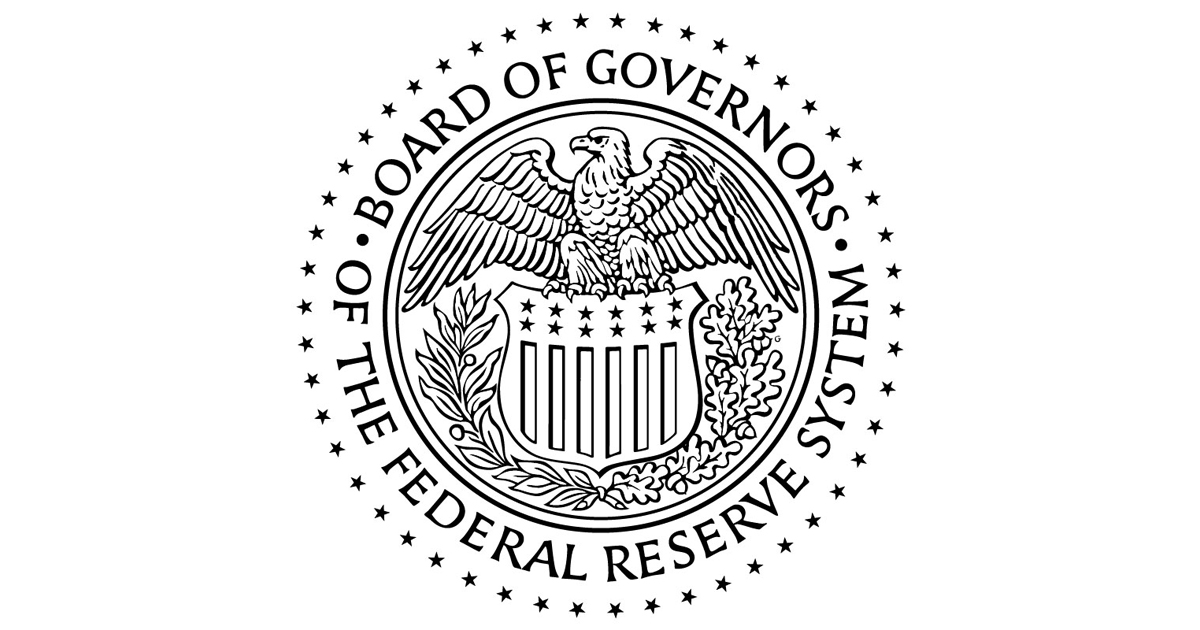The Bahamas: Pioneering Sustainable Tourism Across Its Islands - Travel And Tour World
Friday, June 6, 2025

The Bahamas, an archipelago of over 700 islands and cays, is setting a global benchmark in sustainable tourism. From the serene beaches of Andros to the vibrant marine life of Grand Bahama, the nation is blending luxury with environmental stewardship. This commitment is not just about preserving natural beauty but also ensuring that tourism contributes positively to the economy and communities.
Andros Island, the largest yet least developed of the Bahamian islands, is home to Tiamo Resort, a beacon of sustainable luxury. Operating entirely on solar power, the resort features sustainably built villas raised on stilts for natural cooling. Rainwater collection systems and locally sourced pine structures minimize environmental impact, offering guests an immersive eco-friendly experience.
On Eleuthera Island, The Other Side resort exemplifies sustainable glamping. Solar-powered beachfront tents and hilltop shacks provide comfort without compromising the environment. The resort’s design integrates seamlessly with the natural landscape, offering guests a unique blend of luxury and ecological mindfulness.
Grand Bahama Island hosts Coral Vita, a pioneering coral farm dedicated to restoring degraded reefs. Utilizing innovative techniques, Coral Vita grows resilient corals at an accelerated rate, outplanting them into damaged reefs to enhance biodiversity and marine health. Visitors can participate in tours, learning about coral restoration efforts and supporting conservation initiatives.
Montage Cay in The Abacos offers a private island experience with a focus on sustainability. The resort plans to use sustainably sourced materials for its full-service spa and other facilities, ensuring that luxury and environmental responsibility go hand in hand.
Launched by the Bahamas Ministry of Tourism, Investments & Aviation, the Mission for the Mangroves program promotes mangrove stock replenishment and regeneration. Mangroves are vital for coastal protection and biodiversity, and this initiative underscores the government’s commitment to preserving these ecosystems.
The Bahamas is at the forefront of environmental innovation with its Blue Carbon Credits program. By leveraging the carbon-absorbing capacity of seagrass meadows, the nation aims to create a sustainable revenue stream while combating climate change. This initiative is part of a broader strategy to reduce the country’s carbon footprint and promote green investments.
The Nassau Cruise Port has undergone a $300 million transformation, incorporating sustainable practices into its design and operations. The port’s initiatives include waste reduction programs and community engagement efforts, aligning with the nation’s broader sustainability goals.
Elisabeth Island, a new development by Zaha Hadid Architects, aims to integrate environmental sustainability into its design. The project plans to include hurricane-proof infrastructure and a state-of-the-art superyacht marina, ensuring resilience against climate impacts.
The Bonefish & Tarpon Trust has been instrumental in establishing five new national parks and expanding existing ones to protect vital bonefish habitats. These efforts support sustainable fisheries and contribute to the health of marine ecosystems.
Atlantis Paradise Island’s Blue Project Foundation funds scientific research, coral restoration programs, and community outreach efforts. The foundation has contributed to the preservation of over 1 million acres of marine habitats, supporting the creation of Marine Protected Areas.
The MSC Foundation’s Super Coral Programme at Ocean Cay in Bimini focuses on identifying resilient coral genotypes that can withstand thermal stress. The program has achieved a 100% survival rate for coral fragments during severe marine heatwaves, demonstrating the effectiveness of its conservation strategies.
The Mangrove Mania competition, spearheaded by Waterkeepers Bahamas, engages local communities in mangrove restoration efforts. Participants collect and plant red mangroves, contributing to the replenishment of vital coastal ecosystems.
Coral Vita’s nursery serves as an outdoor classroom, attracting visitors to learn about coral ecosystems and restoration techniques. The facility offers tours and educational programs, fostering a deeper understanding of marine conservation among the public.
The Bahamas stands as a testament to how sustainable tourism can harmonize economic growth with environmental preservation. Through innovative programs, community involvement, and eco-conscious developments, the nation is leading the way in responsible tourism. Whether it’s exploring the tranquil beaches of Andros, participating in coral restoration on Grand Bahama, or enjoying luxury with a conscience at Montage Cay, visitors can experience the beauty of the Bahamas while supporting its commitment to sustainability.
Tags: Atlantis Paradise Island sustainability, Bahamas environmental initiatives, Bahamas sustainable tourism, Blue Carbon Credits Bahamas, Coral Vita Grand Bahama, eco-friendly destinations Bahamas, green resorts Bahamas, Mangrove Mania Grand Bahama, marine conservation Bahamas, Montage Cay Abacos, MSC Foundation Ocean Cay Bimini, Nassau Cruise Port sustainability, Six Senses Grand Bahama, sustainable travel Bahamas












